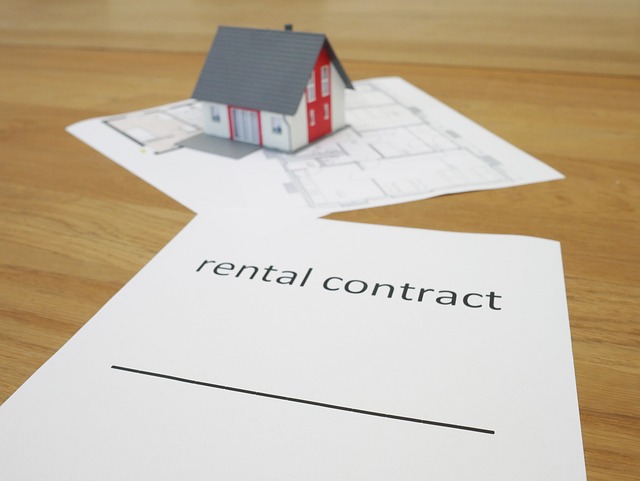Real estate investors can capitalize on distressed assets for high-potential, undervalued properties. Strategic approaches include market analysis, networking, negotiating with lenders, and understanding specific distress factors. This benefits both buyers and sellers by maximizing investor returns while revitalizing neglected properties. By combining strategic marketing, multi-channel approaches, before-and-after transformations, virtual tours, and open houses, professionals create urgency and drive sales in a competitive market. Understanding pricing strategies and negotiation tactics ensures lucrative deals for investors.
In the dynamic realm of real estate, generating buzz around distressed assets can unlock significant opportunities for investors. This article guides you through proven strategies to maximize returns on distress sales. From unlocking hidden potential in troubled properties to implementing effective marketing techniques and negotiating tactics, we provide insights that transform challenges into profitable ventures. Discover how to navigate this lucrative segment of the real estate market with confidence.
Unlocking Hidden Potential: Strategies for Distress Sales in Real Estate

In the realm of real estate, distressed assets present unique opportunities for investors seeking undervalued properties with significant potential. Unlocking this hidden potential involves strategic approaches to distress sales, enabling both buyers and sellers to navigate the market effectively. One key strategy is early identification of distressed properties through market analysis and network building with real estate professionals. By staying ahead of the curve, investors can secure desirable assets before they reach traditional auction or foreclosure stages.
Additionally, negotiating with lenders and understanding the specific distress factors—such as economic downturns, property overvaluation, or owner financial hardships—is crucial. Effective communication can lead to favorable terms, including reduced prices, lease-to-own options, or creative financing plans. These strategies not only maximize returns for investors but also provide a chance to revitalize neglected properties and contribute positively to local real estate landscapes.
Creating a Buzz: Marketing Techniques to Attract Buyers

In the competitive world of real estate, creating buzz around distressed assets is an art that can significantly boost sales. Marketing techniques play a pivotal role in attracting buyers who are often seeking opportunities to turn properties around and make profits. The key is to craft a compelling narrative around these assets, highlighting their unique potential while emphasizing any benefits for buyers who take action swiftly. By employing strategic marketing campaigns, real estate professionals can generate interest and create a sense of urgency, turning distressed listings into hot commodities.
Utilizing various channels such as social media, email marketing, and targeted advertising allows for reaching a broader audience. Sharing before-and-after transformations, offering virtual tours, and providing detailed property descriptions with high-quality visuals can capture buyers’ attention. Additionally, hosting open houses or organizing local community events to showcase these assets can create an exciting atmosphere, fostering engagement and driving potential buyers to act quickly.
Maximizing Returns: Effective Pricing and Negotiation Tactics

In the real estate market, distressed assets present a unique opportunity for investors seeking lucrative deals. To maximize returns on these investments, understanding pricing strategies and negotiation tactics is paramount. One effective approach involves analyzing comparable sales data to set competitive yet realistic prices, ensuring the property appeals to a wide range of buyers while maintaining profit margins.
During negotiations, demonstrating a genuine interest in the seller’s situation can foster trust and open doors for strategic offers. Investors should aim to create win-win scenarios by offering flexible terms or all-cash deals, especially for distressed properties that may require repairs. This approach encourages quick sales, reduces marketing efforts, and often leads to higher returns for both parties involved.






